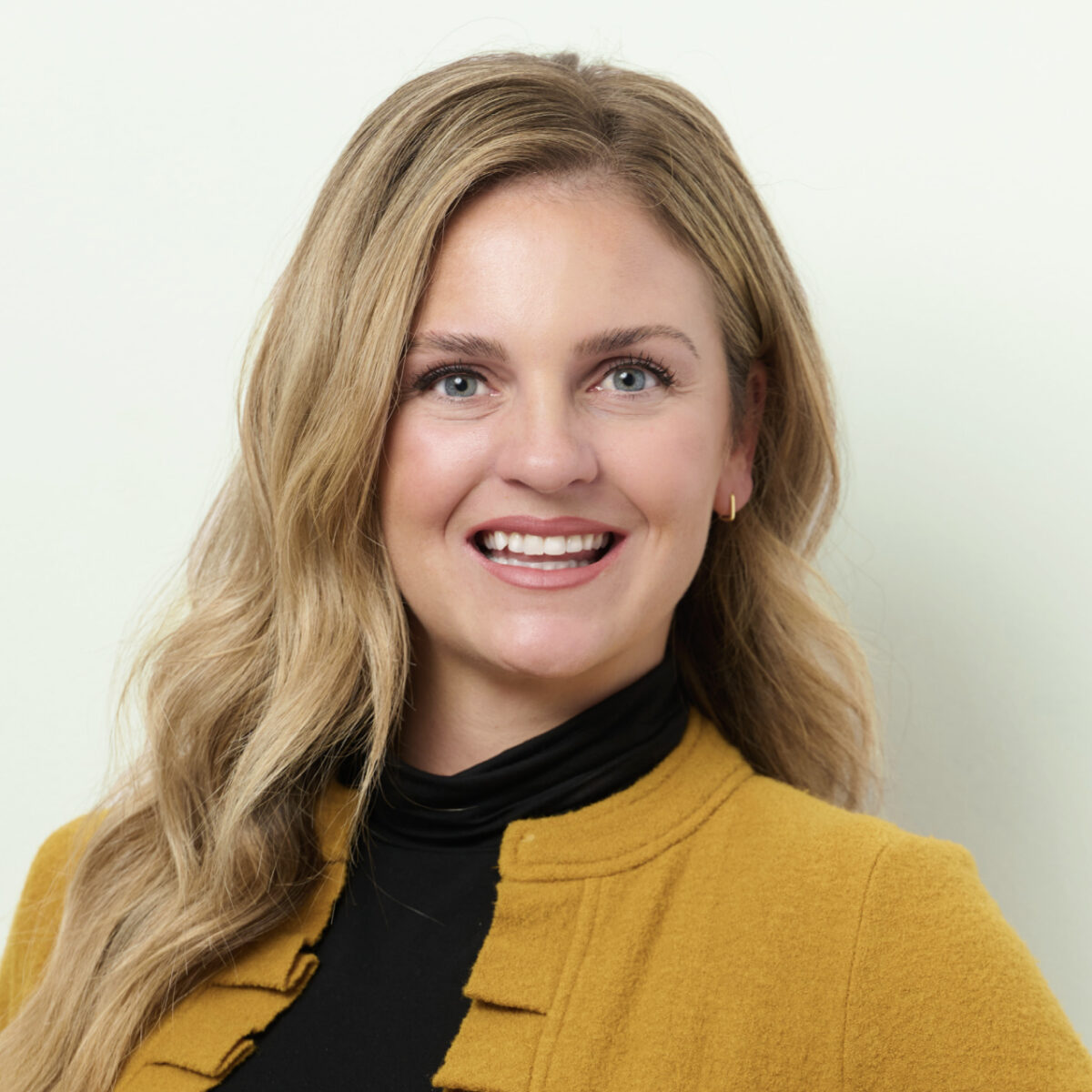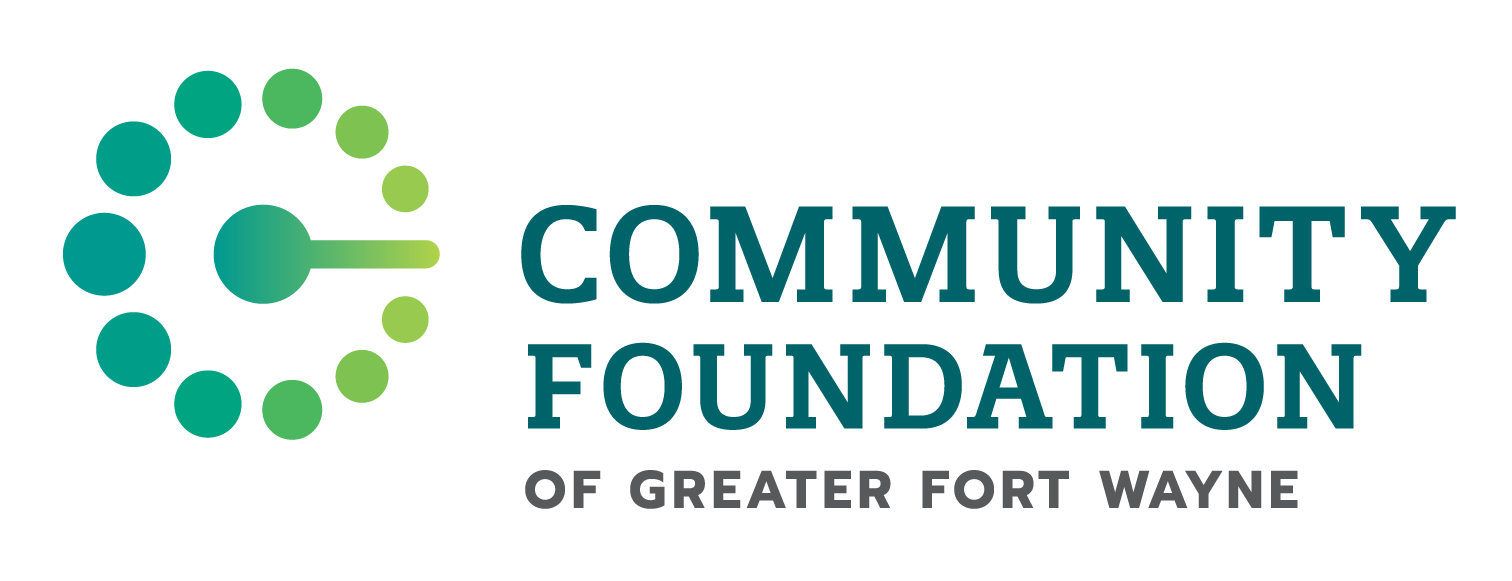
We are here to help you help your clients! We consider attorneys, CPAs, financial planners, trust officers, insurance agents, and other financial professionals to be our valued partners in charitable giving. We know it is not easy to develop a plan that takes into account your client’s financial and charitable needs.
If your client is thinking about making a charitable gift, the Community Foundation is a great partner in multiple scenarios. Different giving vehicles provide specific tax benefits to your clients and help them achieve their financial, charitable, and business goals. Whether your client chooses to support local, national, or international charitable interests, we have the expertise and resources to help them make impact.
Giving Ideas: The following are primary ways in which we are a good fit to be referred to.
A Donor Advised Fund at the Community Foundation provides an attractive alternative to the liability, cost, and administrative burden of a private foundation. Our professional staff takes care of administrative and grantmaking burdens, allowing your client to focus on the reasons they set up a private foundation in the first place: to make an impact on their community. Additionally, a fund at the Community Foundation offers greater tax benefits and privacy.
If your client has a private foundation already, it is not too late. Our staff has extensive experience facilitating the transition of all or part of the assets of a private foundation to a Donor Advised Fund. Depending on the size of the DAF, as their professional advisor, you may have the ability to continue to manage the assets through our Donor and Advisor Partner program.
If your client wishes to keep their private foundation but is overwhelmed with the administration, the Community Foundation also offers professional private foundation administrative services as a fee-for-service model. This includes things like access to an online grants system, online grantee application processes, and grants rubric and scoring.
Does your client currently have a Donor Advised Fund with a commercial DAF holder such as Fidelity, Schwab, or Vanguard? Are they invested in our community and would like more personalized knowledge, services, and connection? With efficient setup processes, they can quickly transfer their existing DAF to a new fund at the Community Foundation and begin creating relationships with our expert staff to help them take their philanthropy to the next level.
Depending on the size of the DAF, as their professional advisor, you may have the ability to continue to manage the assets through our Donor and Advisor Partner program. Learn more about the Donor & Advisor Partner Program!
If you have a client, who is readying to sell a business, one effective way to avoid some of the tax liability is by donating a partial interest to the Community Foundation.
Making a charitable gift prior to the sale of a business provides maximum tax advantages. By giving an ownership interest or equity, the donor may avoid capital gains tax on the portion of the business that is donated, as well as claim an income tax deduction based on the fair market value of the gift. The seller simply gives the interest in the business to a Donor Advised Fund and the buyer then makes the purchase from the Community Foundation, which is, tax-exempt.
By contrast, when the gift is made from proceeds received following the sale, the donor will have paid capital gains tax on 100% of the sale price, with the tax benefit coming solely from the income tax charitable deduction. Amounts from the sale can then create a charitable fund to carry out your client’s charitable goals.
Most often, the easiest way to support your client’s charitable goals is through a bequest, which allows your client to support the community while retaining control over their assets during their lifetime. Bequests can be set at a specific dollar amount, a percentage of the estate, or what remains after other bequests, are satisfied.
Planned giving may be as simple as including the Community Foundation in your client’s will. Learn more!
Gifts of appreciated securities offer important tax advantages. Like gifts of cash, deduction amounts that exceed the limit can be carried forward for up to five additional years. Capital gains taxes do not have to be paid on the appreciated portion of the gift.
After the Community Foundation liquidates appreciated securities, the value of the gift (net broker’s commission and fees) is available to support the donor’s charitable goals. We can accept gifts of publicly traded stock, bonds, closely-held stock, and mutual funds.
If your client itemizes their charitable deductions, donating their IRA distribution should provide them with a charitable deduction that offsets their income. At age 72, they are required to begin taking distributions (RMD) from their IRA, however, they can transfer this from their IRA to some funds at the Community Foundation without counting it as income, thus not being taxed. This is referred to as the “qualified charitable distribution” (QCD), commonly known as the Charitable IRA Rollover.
This is an easy way to make a gift from an asset that could cause a significant tax burden and allows your client to potentially give in larger amounts than they might normally give with cash. In order to qualify, the transfer must go directly from their IRA to charity and cannot exceed $100,000 in any given year. Charitable IRA Rollovers cannot go into Donor Advised Funds or life-income vehicles such as Charitable Gift Annuities or Charitable Remainder Trusts.
While during your client’s life, they may count on income from their retirement accounts. However, they can contribute those retirement plan assets to the Community Foundation as the beneficiary, to a fund of their choosing. This is extremely tax-efficient, as there is no estate or income tax attributed to the gifted assets. This allows 100% of their IRA assets to go to a charitable purpose and allows the estate to claim a charitable estate tax deduction.
The Community Foundation offers a variety of charitable funds, allowing your clients to choose the giving vehicle that best meets their philanthropic goals. As the Community Foundation is an independent public charity, all contributions are eligible for an immediate tax deduction and many contributions may qualify for a larger tax deduction than those to other charitable entities like private foundations. Learn more!
Donor and Advisor Partner Program: We understand that your relationship with your client is a valuable one and that you are a trusted member of their financial advising team. This is why we at the Community Foundation of Greater Fort Wayne have launched the Donor and Advisor Partner Program. This program offers the flexibility for Investment Advisors to continue to manage the assets of their client’s donor advised funds. The Community Foundation is here to foster the growth of philanthropy and to be a resource for you and the work that you do!

CFGFW Connect for Professional Advisors: We send a regular e-newsletter for accountants, attorneys, and financial advisors with timely tax and charitable giving tips for you and your philanthropic clients. Subscribe today!
Thank you to our partners in philanthropy:
Jacobs Wealth Partners – Rockefeller Capital Management, Northern Trust, Phillips Financial, Shawn Wall of Edward Jones, Pathstone, and Wealth Advisors Group.

To learn more, please contact:
Kiley Tate-Potts
Director of Philanthropic Services
260-969-3313
ktatepotts@cfgfw.org
You can also contact another member of our Philanthropic Services team.

